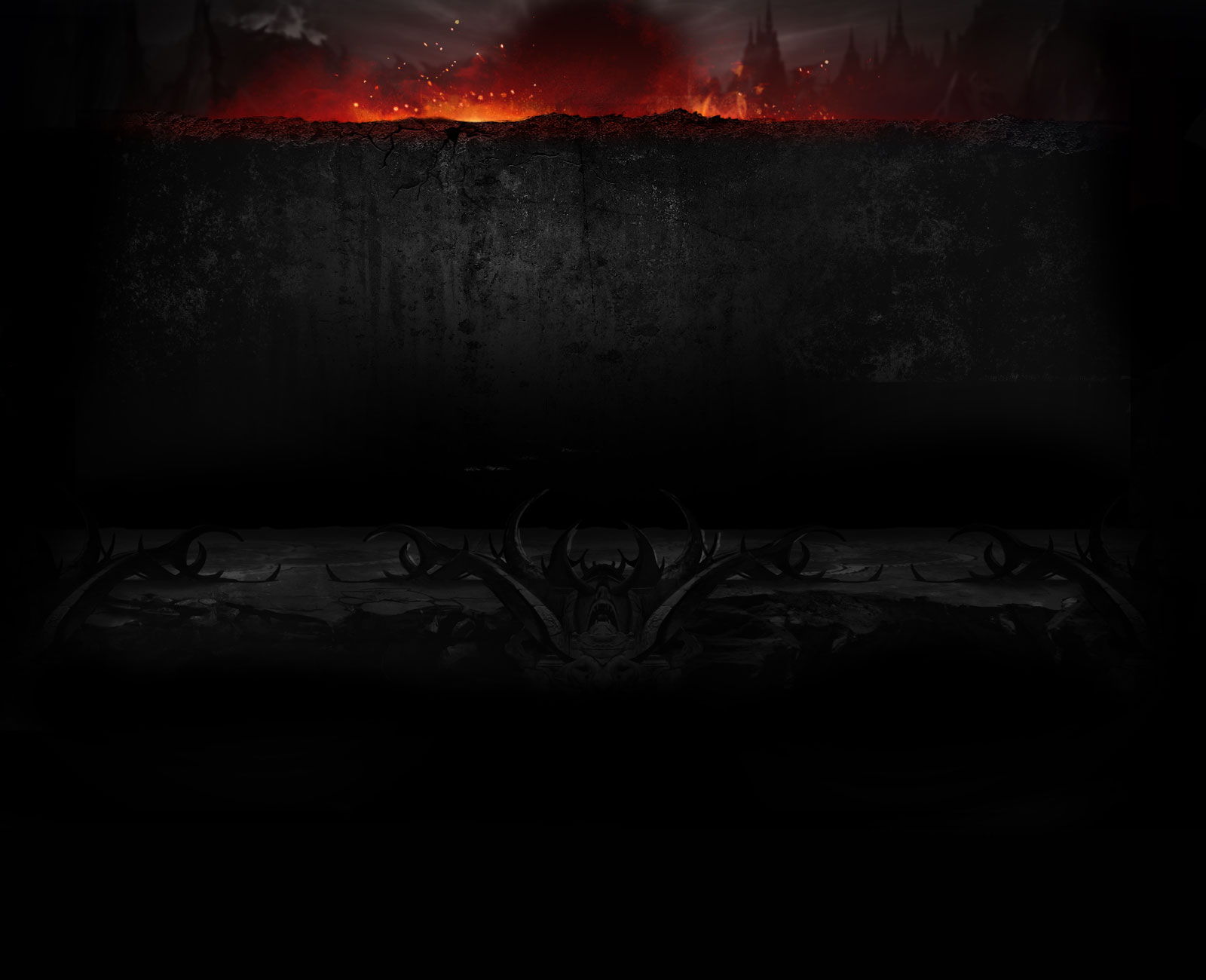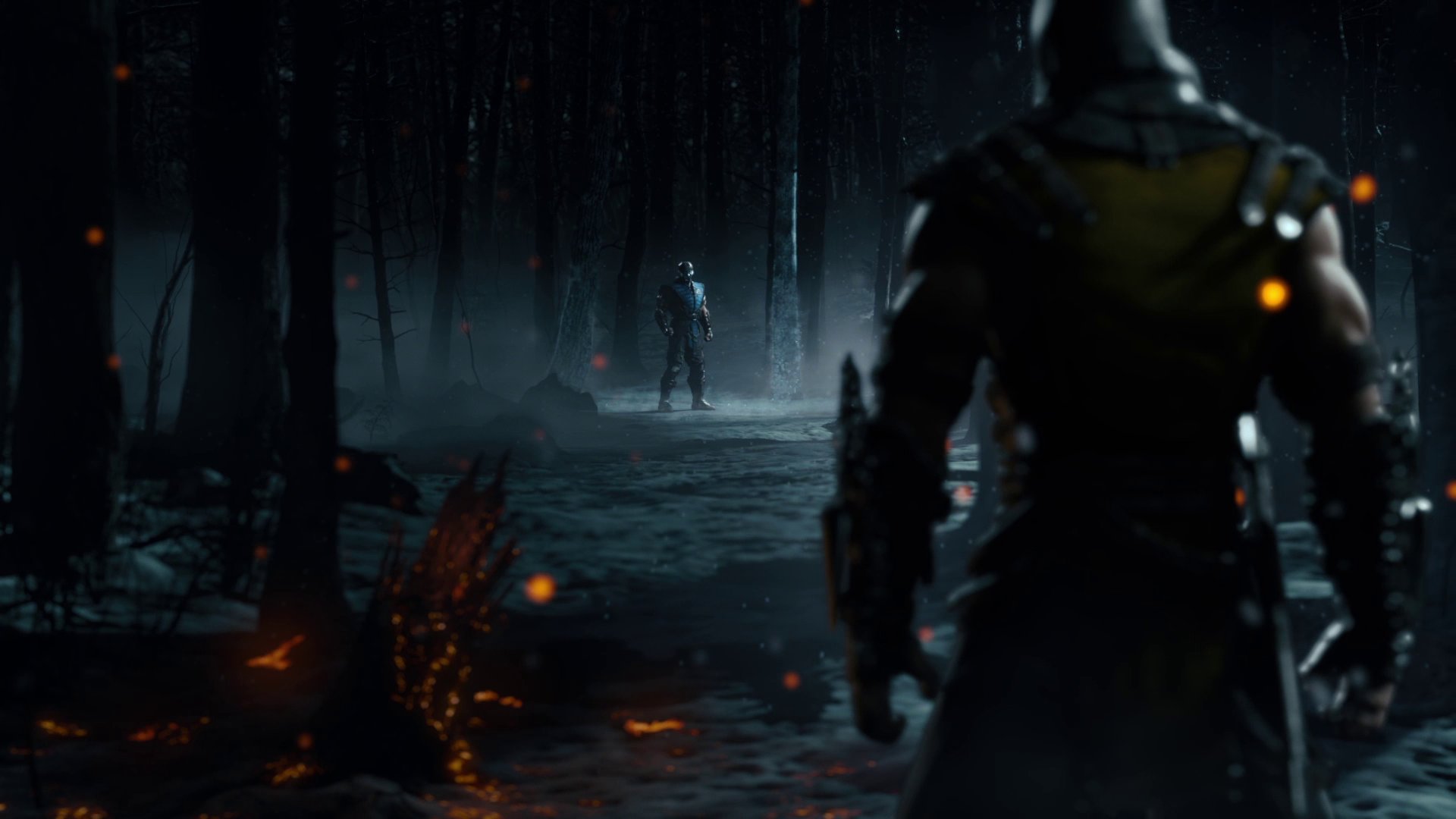I've decided to write up a little "guide" about adaptation and mind games in UMK3. What I hope this will accomplish essentially is simply being able to understand how to adapt more quickly and efficiently, also improving your "mind games"... which is something I find fairly underrated in UMK3.
First I want to discuss adaptation. The ability to adapt to your opponent is a very key skill you need to acquire in order to compete with the best. While this may seem like common sense, not many players actually work on this. For most it's just second nature, and high level players can adapt pretty well in certain circumstances. However, if you actually focus on adapting, you'll be amazed at how much better you'll perform in any given match.
Identifying your opponent(s):
This is one of the most important steps in being able to adapt to your opponent. So how exactly do you identify your opponent? Well first, it's good to categorize their play style. For instance, say you're playing a Stryker user. This player will sit across the screen throwing out bombs, keeping his distance. When you close in on him, he will turtle until he has the opportunity to capitalize on a mistake you make, or until he can get back to his safe zone which is keeping his distance from you. Aside from the obvious, that this player is a turtler and a zoning player, it's good to label them a different way. This specific player would be a [low risk, high reward] player. If Stryker keeps his distance, then when you close in on him he waits for an opening and succeeds,
this usually will result in an infinite or a high damage combo. This is a very general example, but it fits in well. When you're able to make a categorization like this, you'll get a gauge of what he will and will not do in a certain situation.
There's so many things you should be paying attention to about your opponent that most players don't even realize. Every single action your opponent takes is important. This is one of the reasons why UMK3 is difficult at high levels. The game is so fast and there's so much you have to pay attention to. It's just a matter of identifying where the errors are, in yours and your opponents play.
Forcing your opponent to obey you:
"The reasonable man adapts himself to the world; the unreasonable one persists in trying to adapt the world to himself. Therefore all progress depends on the unreasonable man." ~ George Bernard Shaw
While categorizing your opponents style is a key step, it's just the beginning in identifying him and adapting. Next is being able to determine how your opponent reacts to something you do. Basically, if you do this, does he normally do that? For example, does your opponent anti-air you when you jump at them? Does he do it every time or only sometimes, or not at all? Of course, it's good to almost never jump against good players, however if you need to jump, it'll be good to know if your opponent can aa correctly. In fact, there's several times in a match where I do something just to see how my opponent will react. If you do this subtly, your opponent may not ever even recognize what you're doing even if they are really high level opponents.
This is a very unique skill to have and is a little bit different than merely adapting to your opponent. What this is in a sense is forcing your opponent to do whatever you want them to do. This is very closely connected with adaptation. You can actually train your opponent to adapt to what you're doing, in order for you to make them react the same way later on in the match. After you succeed, this usually leads you to be able to completely control the match, as well as leave your opponent open to punish in certain situations. And being able to control the match is huge in UMK3.
Mind Games:
While being able to adapt to your opponent is a very important skill, it also needs something with it. Mind Games. Some don't even know what mind games are let alone how to apply them. After you know your opponent inside out, you've adapted to him and made him adapt to you, this is when you can play some nice mind games. At this point, if your opponent is a very good high level player, he has probably already done the same as you. As in adapted to you and even made you adapt to what has done. So what's next? This is when it gets tricky. When both players are reading pretty much exactly what the other is going to do, this is when great mind games win the match.
Mind games can be a wide variety of different things. They could be doing something at complete random, and your opponent not expecting it. Not only random but things that are normally unsafe and your opponent wouldn't expect you to do it because of how adapted you guys are to each other already. It could be something as simple as just standing there, or walking towards them while they're blocking. It could be running away, trying to aggravate your opponent. It even could be showing off by doing a combo that does less damage, saying "I can win even without doing max damage in this certain combo". You basically want to get in their heads and make them make a mistake they wouldn't normally make. But since you have them so confused by your mind games they slip up. Your mind games can be as creative as you want them to be. A mind game could even be crouch blocking for a long period of time. If I could explain them in one word it would be "unorthodox". One mind game someone has used against me is completely changing their style. They went from a [low risk low reward] to [high risk high reward] in a matter of seconds. I wasn't expecting him to take a big risk let alone any risk at all, so it cost me the round.
Be careful though, not everyone falls for mind games. Actually, the worse the player the more likely that mind games will have little to no effect. This is not always the case, some high level players don't fall for mind games either. But low level players don't "think" about the match, so mind games are virtually pointless.
I can't really tell you what or which mind games to use, because it's soley dependent on the situation and your opponent. There is really no "right" answer. You just have to practice using different ones on different opponents in various situations. I am no expert on mind games, but one of the best UMK3 players I've played had insane mind games. So it made me want to learn and use them as much as I could.
This is all I can really think of at the moment on Adapting and Applying Mind Games. I know this stuff isn't a secret and what I have written is fairly general. I just hope this can help some players in anyway possible. If I can think of more tips, or if any of you have something to add, please feel free to do so.
First I want to discuss adaptation. The ability to adapt to your opponent is a very key skill you need to acquire in order to compete with the best. While this may seem like common sense, not many players actually work on this. For most it's just second nature, and high level players can adapt pretty well in certain circumstances. However, if you actually focus on adapting, you'll be amazed at how much better you'll perform in any given match.
Identifying your opponent(s):
This is one of the most important steps in being able to adapt to your opponent. So how exactly do you identify your opponent? Well first, it's good to categorize their play style. For instance, say you're playing a Stryker user. This player will sit across the screen throwing out bombs, keeping his distance. When you close in on him, he will turtle until he has the opportunity to capitalize on a mistake you make, or until he can get back to his safe zone which is keeping his distance from you. Aside from the obvious, that this player is a turtler and a zoning player, it's good to label them a different way. This specific player would be a [low risk, high reward] player. If Stryker keeps his distance, then when you close in on him he waits for an opening and succeeds,
this usually will result in an infinite or a high damage combo. This is a very general example, but it fits in well. When you're able to make a categorization like this, you'll get a gauge of what he will and will not do in a certain situation.
There's so many things you should be paying attention to about your opponent that most players don't even realize. Every single action your opponent takes is important. This is one of the reasons why UMK3 is difficult at high levels. The game is so fast and there's so much you have to pay attention to. It's just a matter of identifying where the errors are, in yours and your opponents play.
Forcing your opponent to obey you:
"The reasonable man adapts himself to the world; the unreasonable one persists in trying to adapt the world to himself. Therefore all progress depends on the unreasonable man." ~ George Bernard Shaw
While categorizing your opponents style is a key step, it's just the beginning in identifying him and adapting. Next is being able to determine how your opponent reacts to something you do. Basically, if you do this, does he normally do that? For example, does your opponent anti-air you when you jump at them? Does he do it every time or only sometimes, or not at all? Of course, it's good to almost never jump against good players, however if you need to jump, it'll be good to know if your opponent can aa correctly. In fact, there's several times in a match where I do something just to see how my opponent will react. If you do this subtly, your opponent may not ever even recognize what you're doing even if they are really high level opponents.
This is a very unique skill to have and is a little bit different than merely adapting to your opponent. What this is in a sense is forcing your opponent to do whatever you want them to do. This is very closely connected with adaptation. You can actually train your opponent to adapt to what you're doing, in order for you to make them react the same way later on in the match. After you succeed, this usually leads you to be able to completely control the match, as well as leave your opponent open to punish in certain situations. And being able to control the match is huge in UMK3.
Mind Games:
While being able to adapt to your opponent is a very important skill, it also needs something with it. Mind Games. Some don't even know what mind games are let alone how to apply them. After you know your opponent inside out, you've adapted to him and made him adapt to you, this is when you can play some nice mind games. At this point, if your opponent is a very good high level player, he has probably already done the same as you. As in adapted to you and even made you adapt to what has done. So what's next? This is when it gets tricky. When both players are reading pretty much exactly what the other is going to do, this is when great mind games win the match.
Mind games can be a wide variety of different things. They could be doing something at complete random, and your opponent not expecting it. Not only random but things that are normally unsafe and your opponent wouldn't expect you to do it because of how adapted you guys are to each other already. It could be something as simple as just standing there, or walking towards them while they're blocking. It could be running away, trying to aggravate your opponent. It even could be showing off by doing a combo that does less damage, saying "I can win even without doing max damage in this certain combo". You basically want to get in their heads and make them make a mistake they wouldn't normally make. But since you have them so confused by your mind games they slip up. Your mind games can be as creative as you want them to be. A mind game could even be crouch blocking for a long period of time. If I could explain them in one word it would be "unorthodox". One mind game someone has used against me is completely changing their style. They went from a [low risk low reward] to [high risk high reward] in a matter of seconds. I wasn't expecting him to take a big risk let alone any risk at all, so it cost me the round.
Be careful though, not everyone falls for mind games. Actually, the worse the player the more likely that mind games will have little to no effect. This is not always the case, some high level players don't fall for mind games either. But low level players don't "think" about the match, so mind games are virtually pointless.
I can't really tell you what or which mind games to use, because it's soley dependent on the situation and your opponent. There is really no "right" answer. You just have to practice using different ones on different opponents in various situations. I am no expert on mind games, but one of the best UMK3 players I've played had insane mind games. So it made me want to learn and use them as much as I could.
This is all I can really think of at the moment on Adapting and Applying Mind Games. I know this stuff isn't a secret and what I have written is fairly general. I just hope this can help some players in anyway possible. If I can think of more tips, or if any of you have something to add, please feel free to do so.





